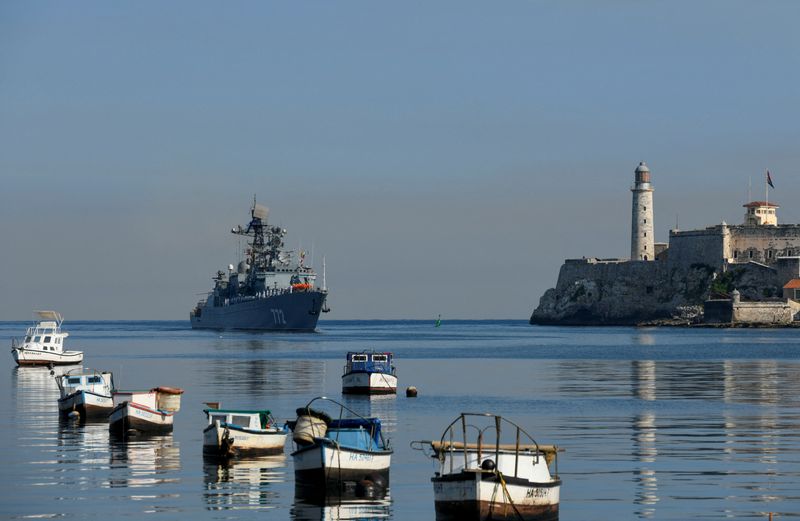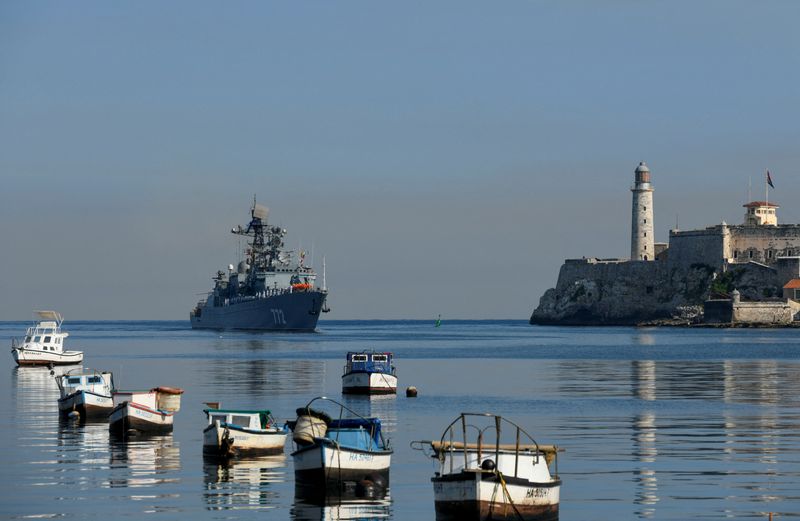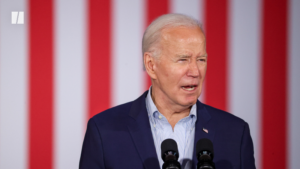Russian warships make routine visit to Cuba

By Nelson Acosta
HAVANA (Reuters) – Havana residents watched from shore on Saturday as Russian warships arrived for the second time in as many months, in a visit that Cuba called routine.
Cuban authorities sent shots into the air to signal their welcome, while curious fishermen watched from Havana’s waterside promenade as the ships advanced up the bay. Russian residents were also among the few up early to see the fleet’s arrival.
The patrol ship Neustrahimiy, training vessel Smolniy and support vessels, all from the Baltic Fleet, are scheduled to depart on Tuesday.
A brief statement by the Cuban Revolutionary Armed Forces described their arrival as routine.
The U.S. State Department and Pentagon did not immediately respond to a request for comment.
A Russian nuclear submarine, frigate and support ships in June also flexed Moscow’s muscles in the port of Havana, less than 100 miles (160 km) from Florida.
Tensions between the United States and Russia have increased since Russia’s 2022 invasion of Ukraine, and Russian naval activity – though routine in the Atlantic – has ratcheted up because of U.S. support for Ukraine, U.S. officials say.
Simultaneously, relations between Cold War allies Russia and Cuba have markedly improved as the Communist-run country battles an economic crisis it charges is due mainly to U.S. sanctions.
High-level contacts between the two countries have increased to a level not seen since the fall of former benefactor the Soviet Union with Cuban President Miguel Diaz-Canel visiting Moscow four times.
Russia has sent oil, flour and increasing numbers of tourists to the cash and goods short Caribbean nation as citizens suffer through daily power outages and other travails resulting in scattered protests and record migration.
Ana Garces, a 78-year-old retiree, told Reuters she remembered the then-Soviet Union was the only country to help Cuba during the 1962 missile crisis, the peak of tensions with Washington when the world teetered on the brink of nuclear war.

“We are very grateful,” she said. “Why should we not receive it with open arms? This is friendship. All kinds of ships have entered here.”
“It shows how other countries do support us and takes away a little of the world’s mentality about our country,” added her husband, 71-year-old retiree Rolando Perez.





